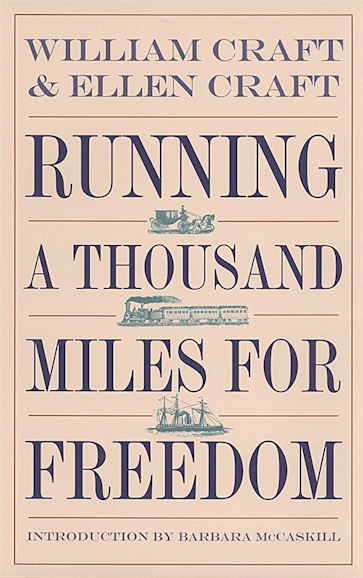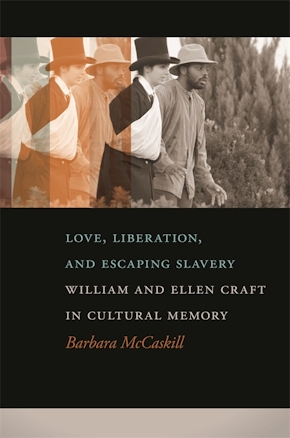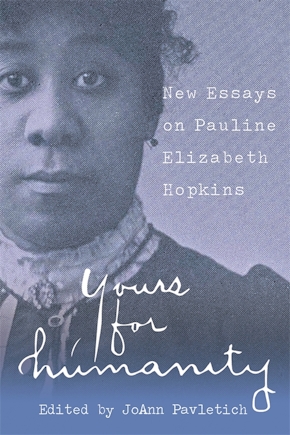Running a Thousand Miles for Freedom
The Escape of William and Ellen Craft from Slavery
Title Details
Pages: 152
Illustrations: 11 b&w photos and illus.
Trim size: 5.500in x 8.500in
Formats
Paperback
Pub Date: 04/01/1999
ISBN: 9-780-8203-2104-2
List Price: $22.95
Related Subjects
Other Links of Interest
• Learn more about William and Ellen Craft at the New Georgia Encyclopedia
Running a Thousand Miles for Freedom
The Escape of William and Ellen Craft from Slavery
Skip to
- Description
- Reviews
In 1848 William and Ellen Craft made one of the most daring and remarkable escapes in the history of slavery in America. With fair-skinned Ellen in the guise of a white male planter and William posing as her servant, the Crafts traveled by rail and ship—in plain sight and relative luxury—from bondage in Macon, Georgia, to freedom first in Philadelphia, then Boston, and ultimately England.
This edition of their thrilling story is newly typeset from the original 1860 text. Eleven annotated supplementary readings, drawn from a variety of contemporary sources, help to place the Crafts’ story within the complex cultural currents of transatlantic abolitionism.
Running a Thousand Miles for Freedom is the most significant fugitive slave narrative to come out of Georgia. I know of no other account that provides as riveting an account of an actual escape experience. It offers so much more in its treatment of gender and racial role-reversals, of husband-wife and master-slave relations, and of abolitionist activity on both sides of the Mason-Dixon line.
—Georgia Historical Quarterly



